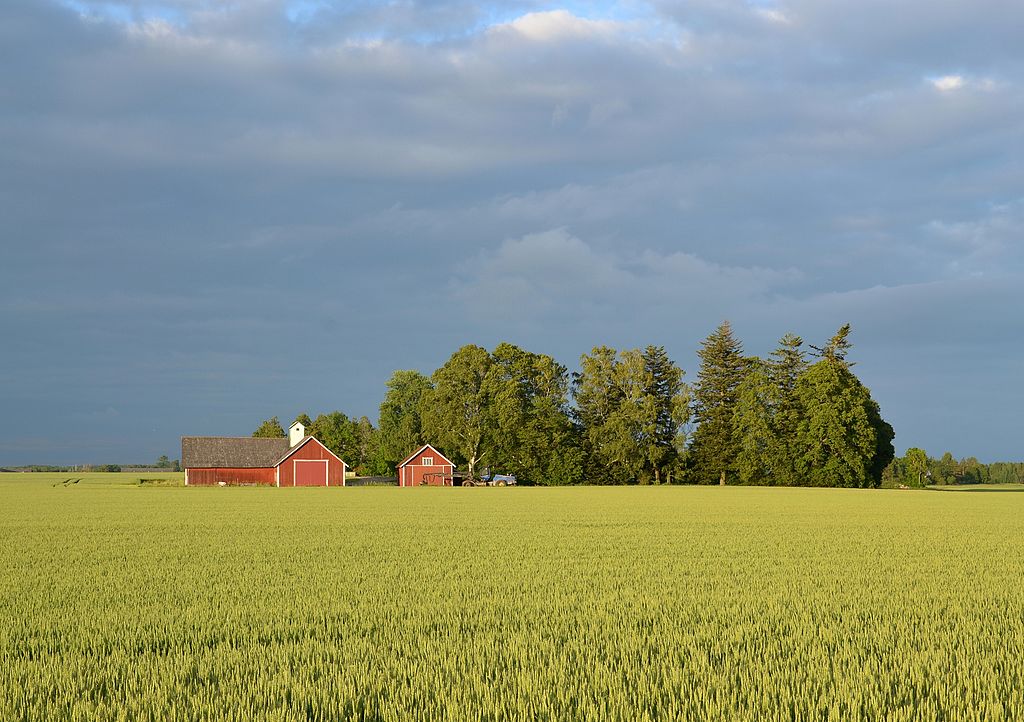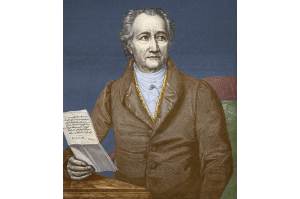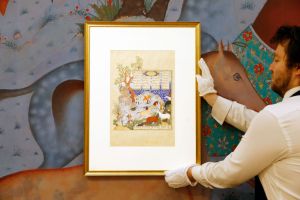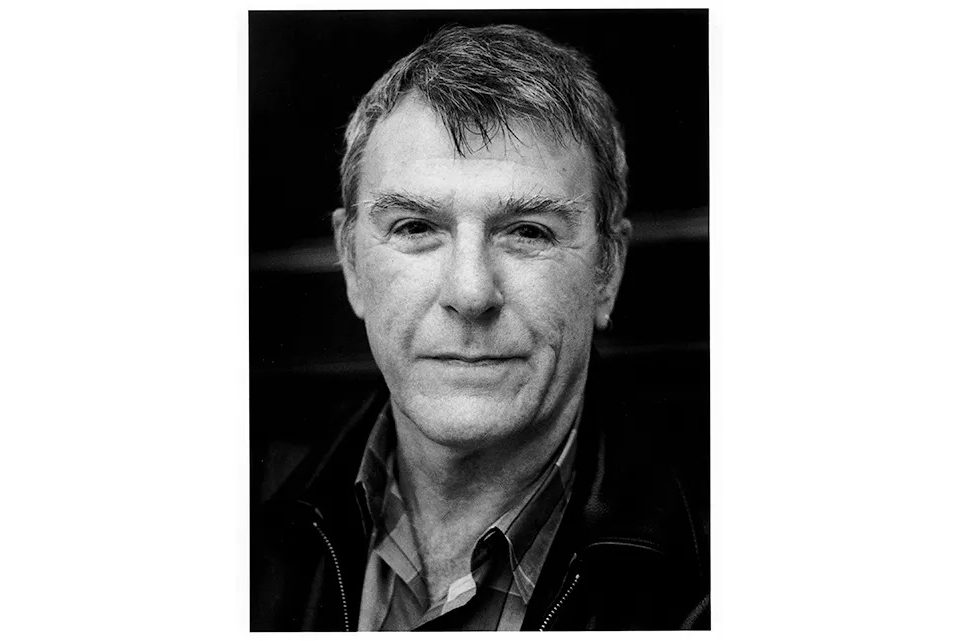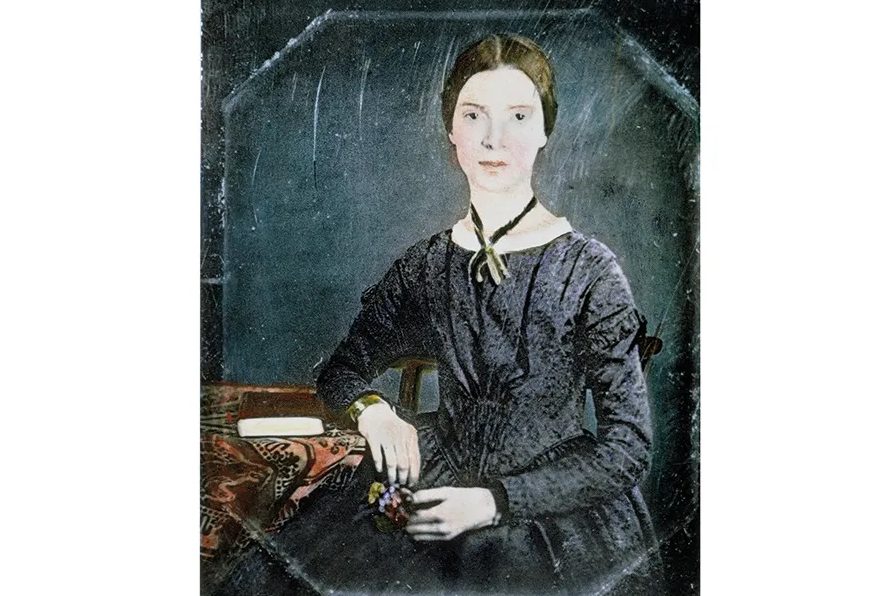What Remains to Be Said: New and Selected Poems by Robert B. Shaw, Pinyon, 2022, 312 pages
Robert B. Shaw is one of those quietly accomplished poets who publishes a slim volume of exacting and beautiful poems every eight years or so. One thinks of his teacher at Harvard, Robert Fitzgerald, as a model in this regard, or the late Amy Clampitt, or Shaw’s more prolific contemporary Frederick Turner. Shaw’s observational verse progresses by accumulation of detail or plot and aims to unify meaning and music.
His most recent volume, What Remains to Be Said: New and Selected Poems, collects poems from all of his seven previous books and includes 28 new poems. His topics are local and familial, and his poems often begin with whatever is at hand or crosses the eye or mind of the speaker — a bait shop, a bookmark, a wind chime, an old church, a memory, a walk with his wife or cooking alone after his wife has passed away.
For Shaw, the natural world is neither mere source nor reflection of human hope or despair but a participant in life’s joys and suffering. It is the poet’s task to acknowledge and express what is there rather than to superimpose, à la Wallace Stevens, an idea or sentiment on it. “The farm just north of town,” Shaw writes in “Picturesque,” “does little but subsist”:
Tumbledown sheds, machines
peppered with rust: it means
another struggle to exist
is tiredly winding down.
Yet even here, there is “beauty in the bone.” The struggle to exist, the pale cornstalks, the “birdless sky” — these are not mere inventions of the poet’s imagination, and neither is the strange beauty of the “meager” scene. But one needs an “Opportunistic eye” to see them for what they are. The wind at night, he writes in another poem, is the voice “of all / the worst bereft our time has known . . . a century’s toll of traded woe.”
This doesn’t mean that the natural world is not also transformed by the artist’s eye. “Your dandelions dotting half / a casual summer lawn,” Shaw writes in “Green Widows,” can be either “Life Force” or “fluff.” “The tatty clusters mean / whatever you may wish them to,” he continues, but that meaning is still connected to what they are:
these have neither toiled nor spun: like their lily neighbor
lean at east in rain or sun,
blest for lack of labor
And labor’s lost. Grass grows unmown.
You watch them grow up gold
and thick as midnight stars were shown
to Abraham, grown old.
There is something in the dandelions that is “a go-between” us and the weed — a shared plight, for example — and it is the poet’s task to choose words of “uncommon sense” that “are aligned / keenly to catch Creation’s radiance,” Shaw writes in “Teaching Poetry.” These words, Shaw concludes, “restyle our lives amid / renewed awareness of what’s obvious.”
Many of Shaw’s poems treat family memories, and some of the most touching are those written after his wife’s passing. In “Voicemail,” he writes:
Once or twice, knowing how crazy it was,
I’ve dialed my own number just to hear her,
stopping myself short from leaving a message,
I couldn’t ask her—could I?—to call me back.
I think the utterly disquieting truth
is that holding her calm voice to my ear
even now feels to me like protection . . .
The unexpected turn from calling his own number to the realized “disquieting truth” is typical Shaw — arrestingly honest without being sentimental and un-performatively true. Like Frost, Shaw is one of those poets who is profound without sounding so — a result of his long practice of looking at things as they are and searching for words that match.
“How shall I save my words from growing faint,” Shaw writes in “Envoy,” “In their attempt to summon back the same / Long sunlit hours that once were yours and mine?” There’s no easy answer to this, and the question for Shaw is not just how he can prevent his poems about his wife from fading but how we can prevent all of his work from being forgotten. Is all “cast in shadow now?” he wonders. “Not if complaint,” he answers, “Rewords itself to praise.”



